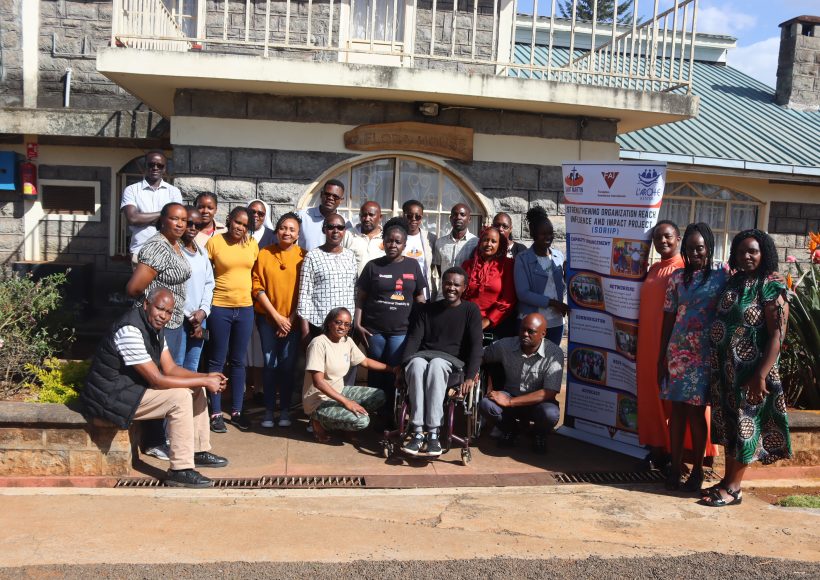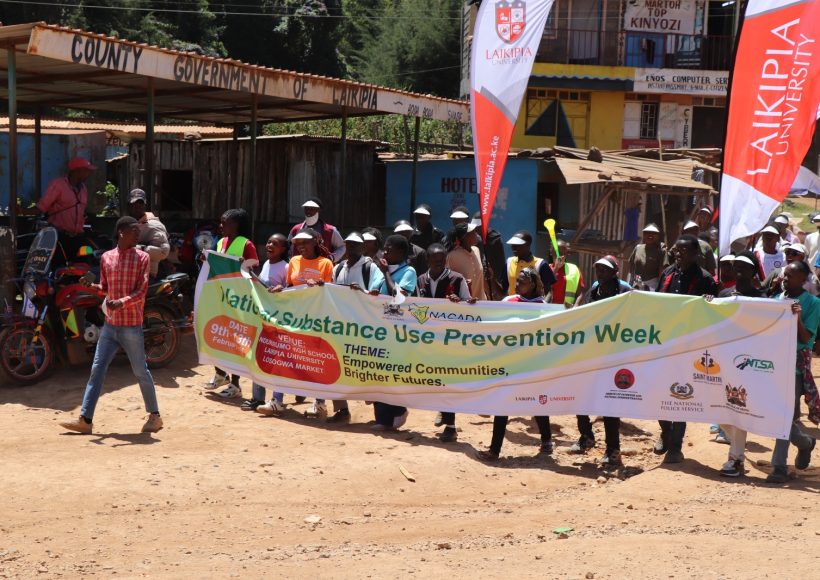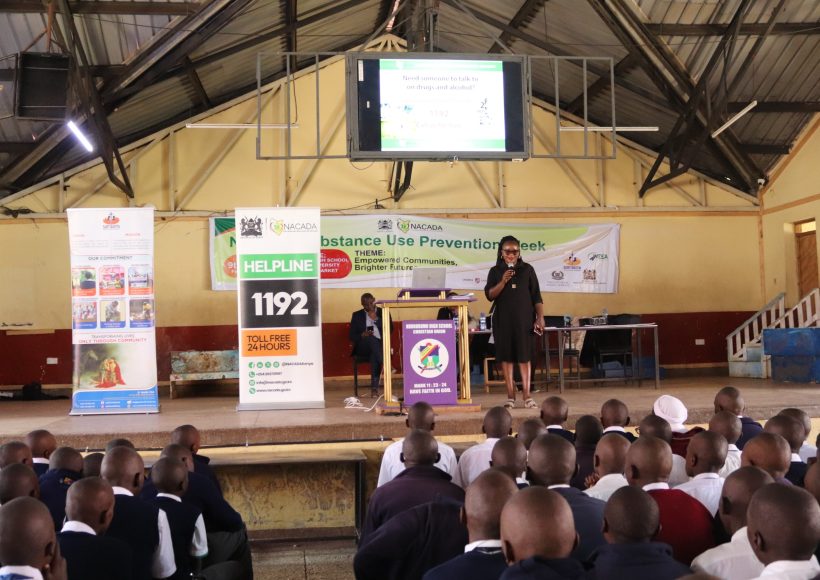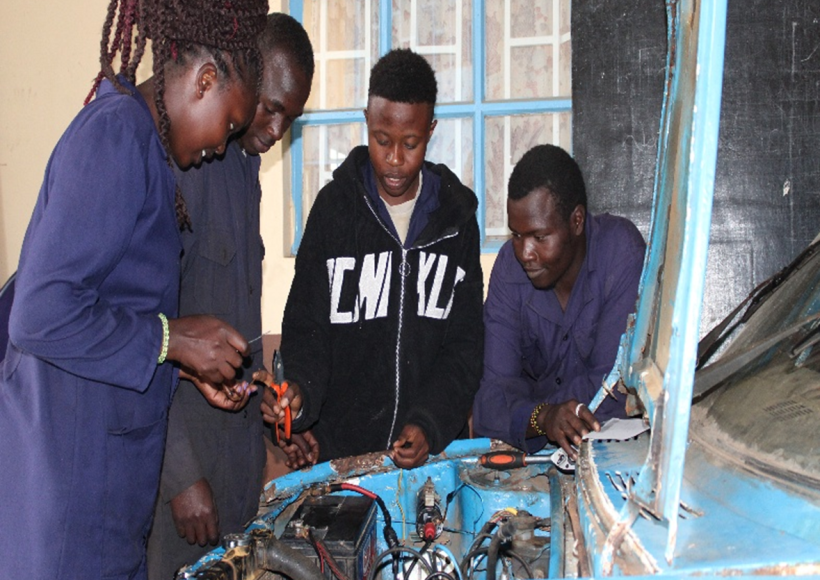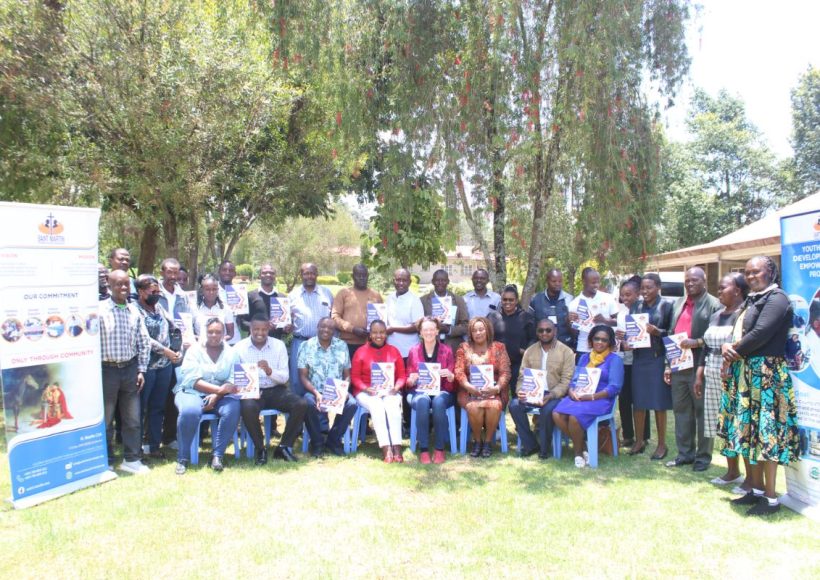Our impact in the last 5 years
0
+
Children rescued from abuse
0
+
Created awareness to people in the community
0
+
Women trained on GBV, decision making, leadership and economic literacy.
0
+
Livelihoods strengthened

